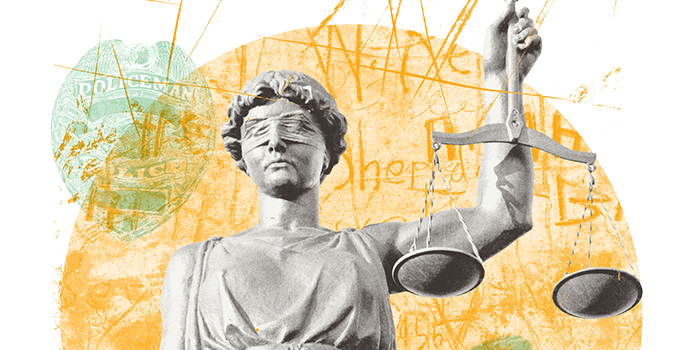
Class v. United States
What's at Stake
Whether a guilty plea inherently waives a defendant's right to challenge the constitutionality of his statute of conviction.
Summary
In two prior Supreme Court decisions, Blackledge v. Perry, 417 U.S. 21 (1974), and Menna v. New York, 423 U.S. 61 (1975), the Court held that a defendant who pleads guilty can still raise on appeal any constitutional claim that does not depend on challenging his โfactual guilt.โ In the years since Blackledge and Menna, the circuit courts have divided on whether a defendantโs challenge to the constitutionality of his statute of conviction survives a plea or instead is inherently waived as part of the concession of factual guilt. In this case, petitioner was arrested and charged with possessing a weapon in his car in a parking lot on the Capitol Grounds, where all weapons are prohibited pursuant to 40 U.S.C. ยง 5104(e). In the district court, after the petitioner argued unsuccessfully that his indictment was in violation of his rights under the 2nd and 14th Amendments, he pled guilty. Petitioner appealed, and the D.C. Court of Appeals held that a guilty plea inherently waives all constitutional claims. In an amicus brief filed by the ภฯฐฤรลฟชฝฑฝแน๛ and NACDL, we argue that a guilty plea, without more, poses no bar to a substantive constitutional challenge to the statute of conviction, and that the government's proposed alternatives to such challenges on direct review - namely, securing a conditional guilty plea under Rule 11(a)(2) or attempting to raise a substantive challenge on collateral reviewโare insufficient alternatives.
Legal Documents
-
05/26/2017
Class v. United States - Amicus Brief